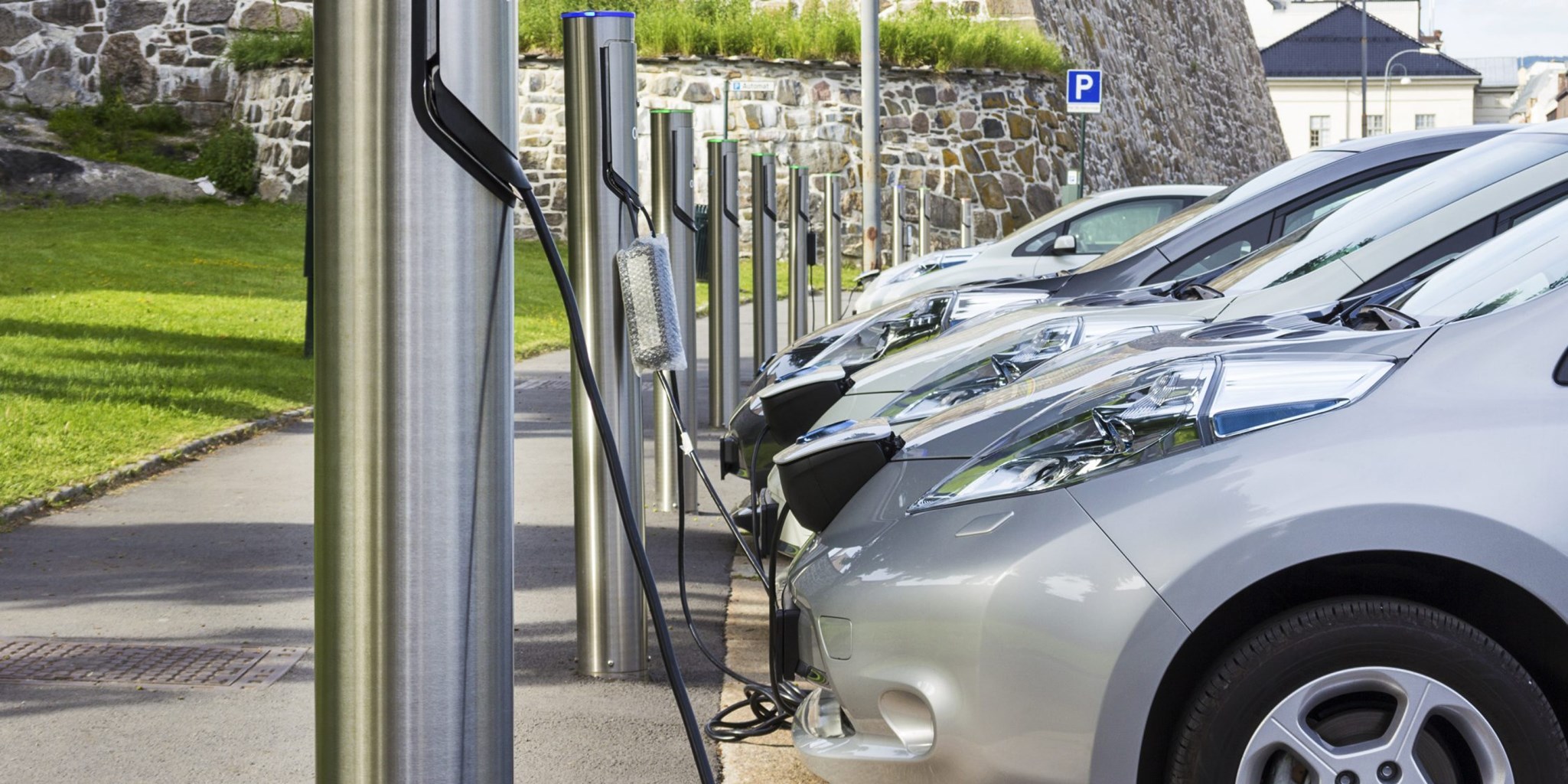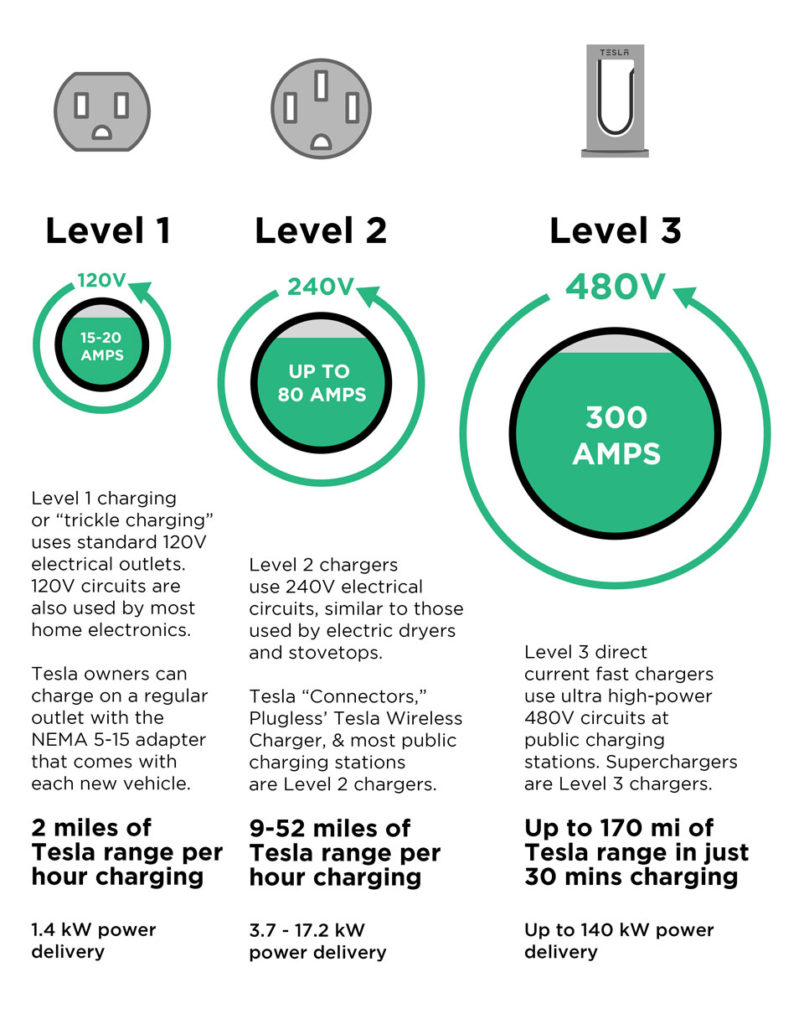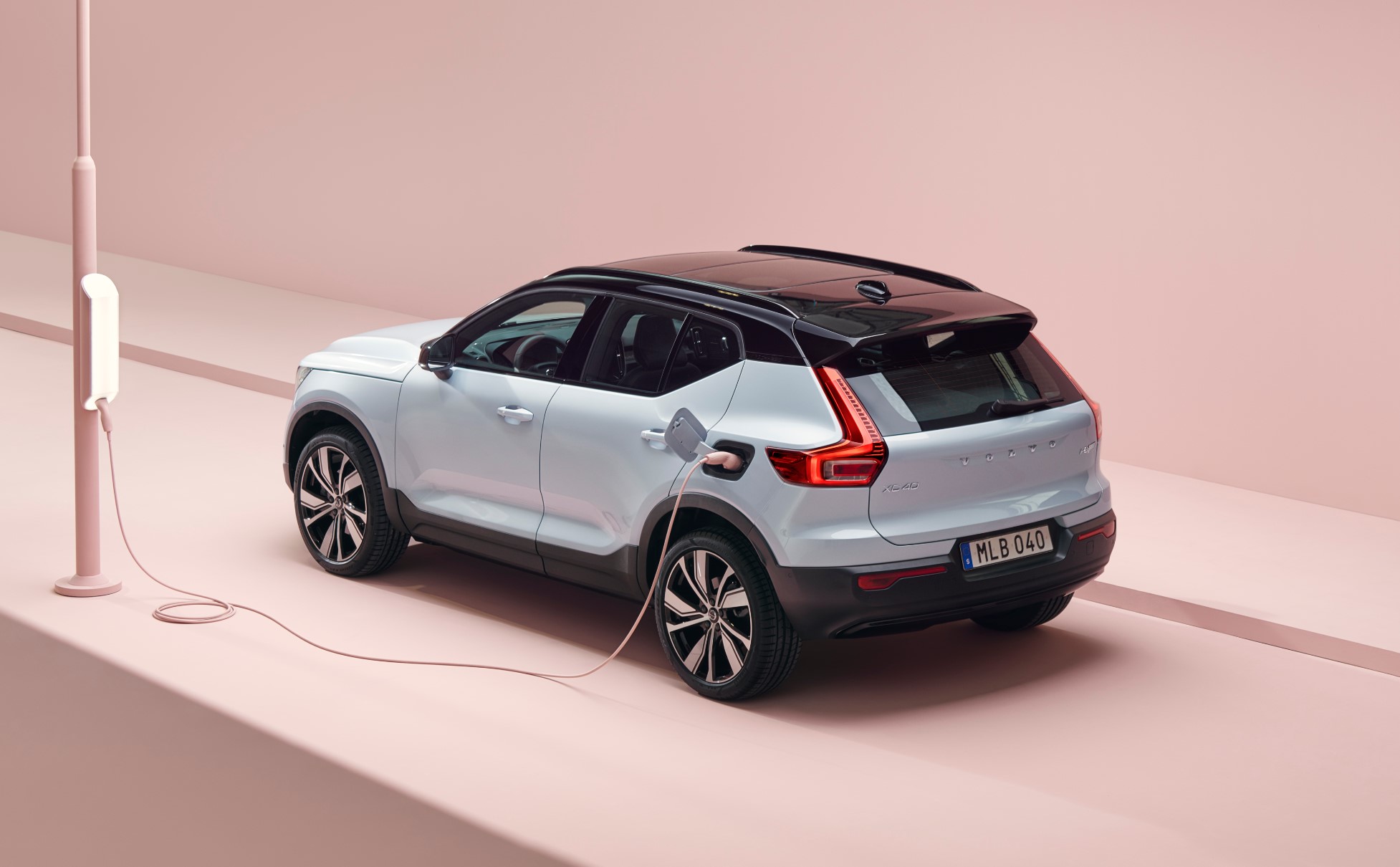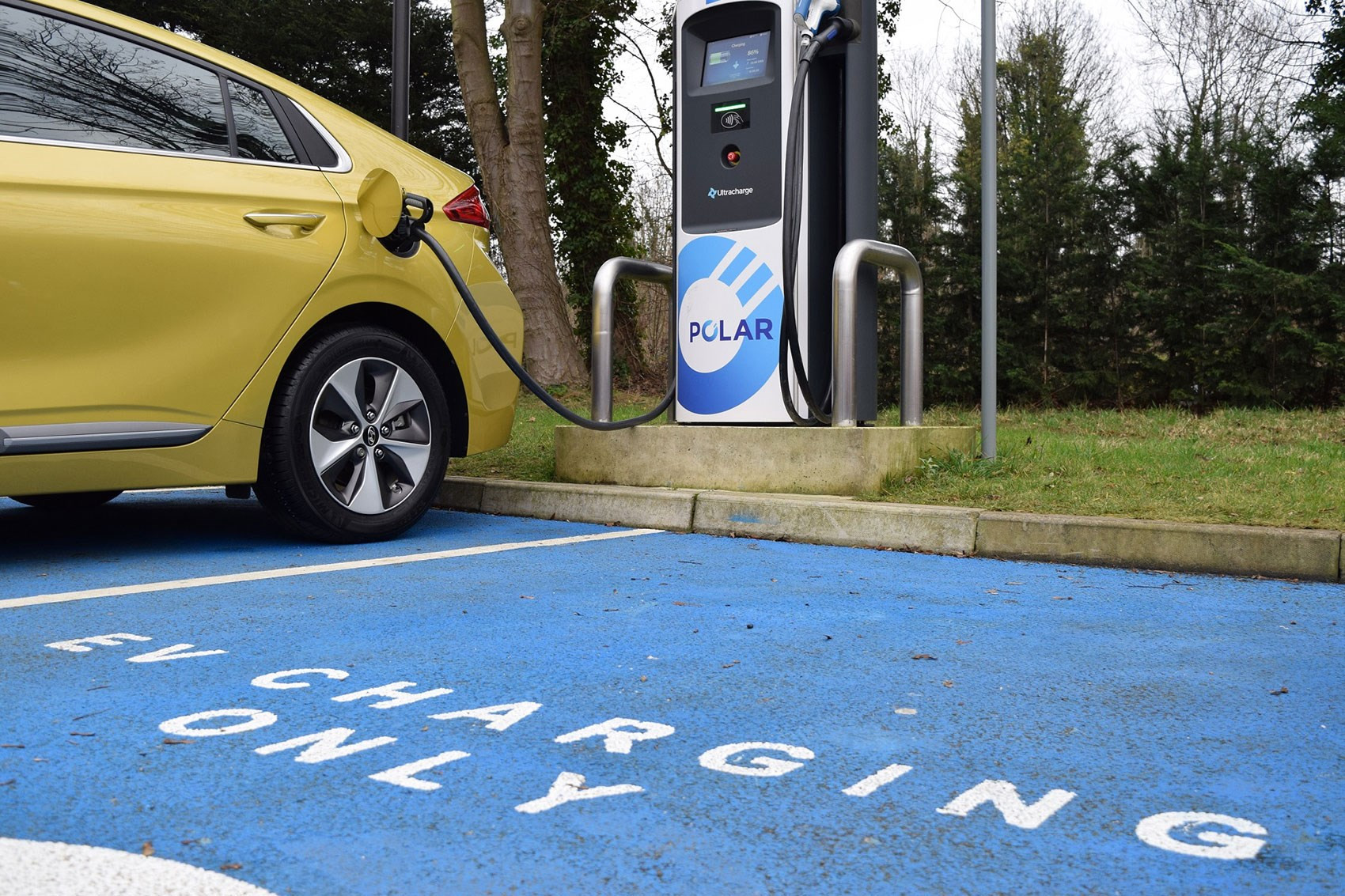Table of Content
At the time of writing, petrol was sitting at an average price of £169.8p in autumn 2022 – meaning you’re looking at a bill of more than £90 to fill the Sportage’s tank from empty. The capacity of an EV’s battery is typically expressed in kilowatt hours – the same metric used to measure your home’s energy consumption. The grant is capped at £350 and open to electric car owners with access to off-street parking. If you’re looking at £800 for installing an EV home charger, the grant will take the cost down to around £450.
Your domestic energy bills will increase when you’re charging an electric vehicle, but there are ways to reduce the impact on your household budget. Here, we’ll explain how much it costs to charge an electric car, both at home and via the network of EV public chargers. However, while it’s true that electric vehicles are costly to buy, the purchase price is offset by lower running costs. The cost to charge an electric car in the UK varies between home, work and public charging. An alternative would be to charge your electric vehicle at work and public charging points if possible.
Cars & travel
Also, find out the cost per mile, month and year to run the average electric car. Even if you’re not in a position as a household to earn solar power discounts or charge point income, it is still cheaper to run an electric car in 2022 over buying a petrol or diesel car. While many may still find the cost of purchase prohibitive, the used electric car market is gaining increased supply.
Rapid charge points are typically found at motorway service stations and can also be free for certain drivers but are generally seen as one of the more expensive options. In essence, because they offer a faster charge (drivers can typically charge an electric car to 80% in mins) and greater convenience, they tend to come at a premium. Good news – electric vehicles are likely to cost you less over the course of ownership. Electricity costs much less than petrol or diesel and electric cars require less maintenance than an internal combustion engine . The cost of charging an electric car at home ranges between $3-$15 for a single charge. At 3-11 cents per mile, electric cars can save you a lot on fuel every year.
How much does it cost to charge an electric car? Running costs explained
Its app and website has mapped over 95% of the available chargers in the UK (no one has 100%). As you can see from our figures, how much power an electric car uses is largely influenced by its weight and size. But, like their combustion counterparts, some electric cars are much more frugal with their battery power than others.

Remember, you can save money by switching to a more affordable tariff or by taking advantage of cheaper overnight electricity. A wall box will also reduce the time it takes to recharge an electric car. Although it’s possible to use a standard domestic socket for home charging, a dedicated wall box is the safest and most convenient method of charging.
Cost of Charging an Electric Car
That means a typical daily charge for an unregistered car to drive in London is £24 per day. Register an electric vehicle today to avoid paying more than you have to. With the average UK electricity price sitting at around 17.2p per kWh and if you assume an electric car will travel 3.5 miles per kWh on average, to travel 100 miles would cost around £5 or 4.91p per mile.

However, some public charge points are free to use and we can show you how to find them. These tend to be located in busy locations, so don’t expect to be given enough time for a full charge. In the case of the Renault Zoe ZE50, this gives a calculation of 28p x 52kWh. On most modern networks you can use a free-to-download mobile app to find chargepoints and start your charge. We’ve partnered with home charging experts, EO, to offer a £50 discount on their charging points.
On the other hand, if you use a faster charger, it will take less time to power up your vehicle, but the power output per minute will be higher. Keeping your car and battery at peak performance will keep your car running smoothly, which obviously helps keep your charging costs down. So our second figure is 0.346kWh – electric cars, on average, use 34.6kWh to travel 100 miles, which works out as 0.346kWh per mile. Get more details about my research into the average electric car kWh per mile, including the most and least efficient electric cars.

While historically, EVs have charged and parked for free while doing so, this is not always the case. Or are you planning on holding on to your petrol car as long as possible? Though you probably want to make sure that rain doesn't splash directly into the charger or plug. One of the main reasons for this is that EVs have sophisticated battery management systems which protect the batteries from over-charging and from charging too rapidly, both of which can cause damage. Utilising free charging points when you’re out and about is a good option – you'll often find charging points at supermarkets and shopping centres that you can use free of charge while you’re in store.
It is estimated that there are around 1,051 Tesla Destination chargers and 810 Tesla-only Superchargers based on Zap-Map data. Many leasing companies and manufacturers also offer maintenance packages for an additional cost to help cover any unforseen issues. Katie is a Staff Writer at MUO with experience in content writing in travel and mental health. She as a specific interest in Samsung, and so has chosen to focus on Android in her position at MUO. She has written pieces for IMNOTABARISTA, Tourmeric and Vocal in the past, including one of her favourite pieces on remaining positive and strong through trying times, which can be found at the link above.

Where out on the road, the comprehensive Zap-Map app – now featuring has a helpful Zap-Pay facility to make payment smoother – to locate and assess availability of compatible public charge point. It’s more expensive to use a public rapid charger, though, as you pay for the fancy charging technology and the convenience of short wait times. At time of writing, Ionity was charging £0.69 per kWh – which equates to £53.40 for a full charge with the same Kia EV6. Some home charging units have smart options that help you save money by charging at cheaper times of the day.
You might be interested in how long it takes to charge an electric car. However, these 3kW or 7kW charging points will charge an EV battery in a shorter time, so if you are on a time-restricted tariff this will be a worthwhile investment. You can find out more about home charging, and why EV charger installation is so expensive, in this article dedicated to EV home charging. Bear in mind, however, that most people will charge their car at home overnight during off-peak hours. See what tariffs are available that will help you get cheaper rates at off-peak hours, and you could spend even less on charging your car. Many electric cars also have sat nav that recognises these locations and can direct you to those within range.

The easiest way to find suitable public chargepoints is to use an app like Zap-Map which shows the chargepoints on a map. For non-rapid charging, EVs available in the UK will either have the above Type 1 inlet socket or Type 2 inlet socket. If you don’t have private parking, an EV may still be a practical option for you particularly if you have charge points available at your place of work or if you have a public charger near to your home. Meanwhile, Tesla owners simply turn up at a Supercharger station and wait for their EV to be recharged. If you own or have primary access to an EV and off-street parking you may be eligible for an OLEV funded grant towards the cost of a home charge point. This will be the same with any high range, larger battery EV – just like with fuel, they’ll be slightly more expensive to ‘fill up’ and get on the road.
If not, inquire about an off-peak electricity plan with your electricity provider. This can easily half your charging costs (FYI – my supplier’s off-peak rate means that I’d save 75% on charging costs). It might be, since residential energy costs vary by location and provider.

Below, is a table with the average price per kWh across 24 different countries . Prices are in USD so, out of interest, we can see how the costs compare. Because heat builds, the vehicle then manages the charge to slow the temperature increase to protect the battery from degradation. Automatic Numberplate Recognition monitors which vehicles come in and out of the facility and those without a payment reconciled against them are flagged for penalty. For illustrative purposes onlyFor illustrative purposes onlyBy comparison, it is clear that the cheapest off-peak price does not always make the best deal.

No comments:
Post a Comment